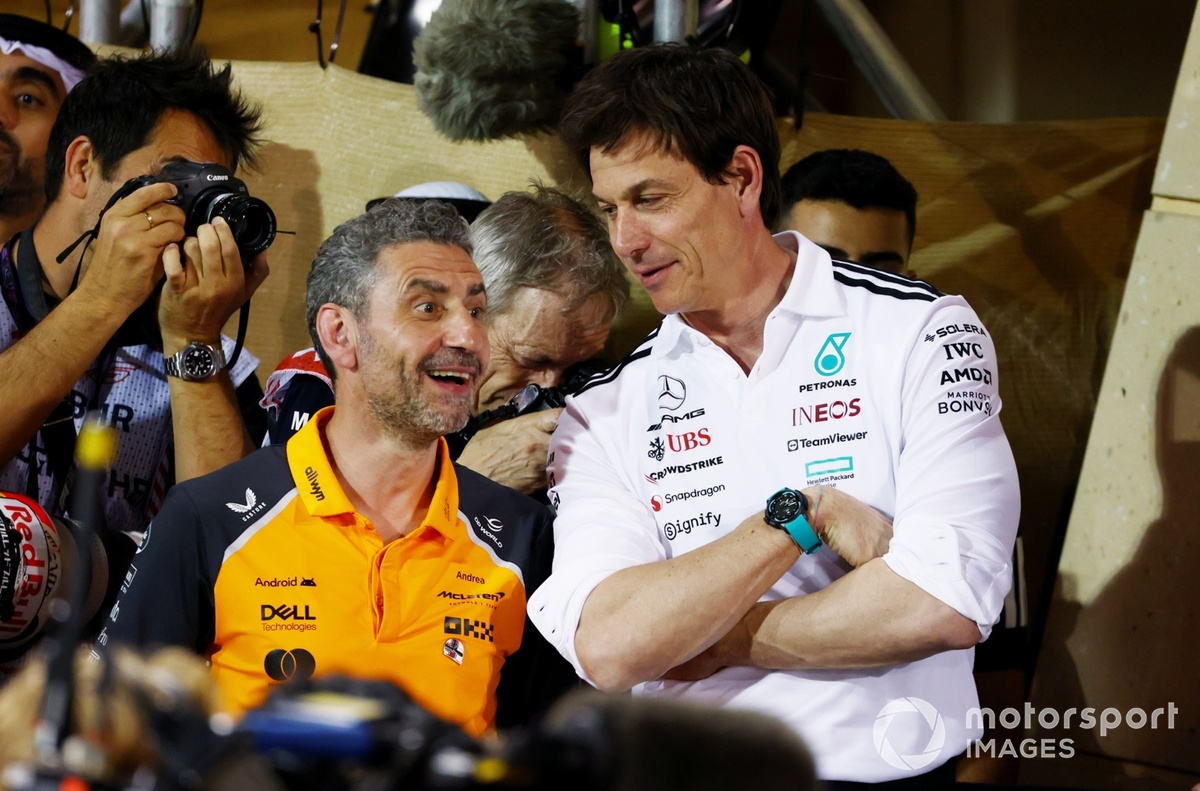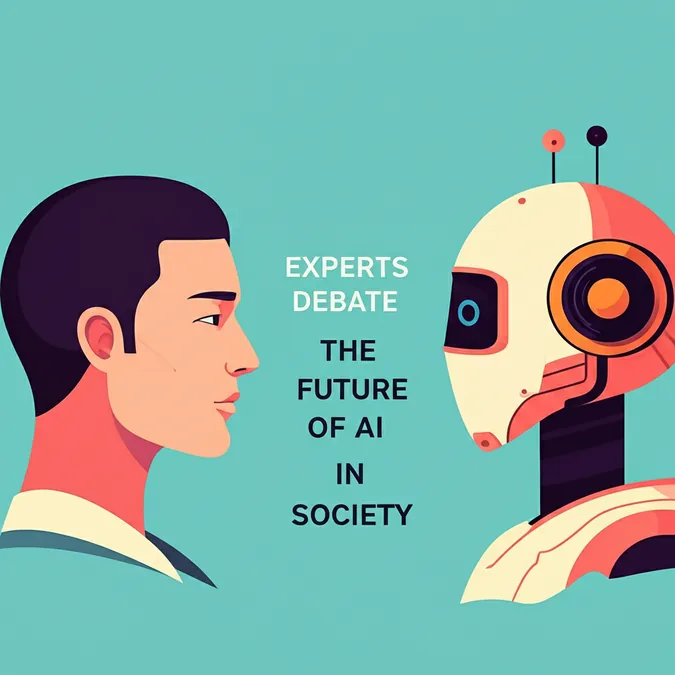Developer Offer
Try ImaginePro API with 50 Free Credits
Build and ship AI-powered visuals with Midjourney, Flux, and more — free credits refresh every month.
Toto Wolff on Memes Deepfakes and Modern F1 Fame
From Paddock to Prime Minister Memes Toto Wolff on His Wild Ride as an F1 Icon
Toto Wolff has transcended the role of a highly successful Formula 1 team principal. In an age where F1's popularity is skyrocketing, the 53-year-old Austrian has become an unlikely global social media icon, navigating a level of fame that extends far beyond the racetrack.
From Prime Minister to TikTok Star
The first signs of Wolff's cult status appeared as early as 2019. Amid nationwide protests in Lebanon against government corruption, a photo went viral of a man holding a placard that read: “I want Toto Wolff to be our Prime Minister. He has the best strategies!”
Fast forward to today, and the landscape of internet fame has evolved dramatically. On platforms like Instagram and TikTok, Wolff's presence is a mix of genuine moments, like shirtless beach photos, and a proliferation of manipulated AI creations. These fakes, often bearing little resemblance to reality, are liked and shared by tens of thousands, cementing his status as a modern celebrity.
”I think what I've learned is not to spend too much time in trying to take it too personal” says Toto Wolff
The Deepfake Dilemma and Information Overload
Wolff himself says he pays little attention to this phenomenon. “My target audience isn’t social media users,” he stated during a dinner with Dutch media. "But from time to time, I take a look at what’s being made up out there. Sometimes even AI-doctored photos. But I tend to find it amusing.”
He even chuckles when discussing the more extreme examples of this trend. “With deepfakes you can fake anything. I think there are even a couple of porn videos with my face on some body.” Far from being bothered, he quipped, “as long as it’s a good-looking body and I perform well in the scenes.”
This humorous take belies a more serious challenge faced by public figures like Wolff: the era of "fake news" and endless information channels. The days of a few trusted journalists reporting from the paddock are long gone. Now, every interview carries the risk of being misinterpreted. A story published by one platform can be retold by another, its original meaning twisting with each iteration.
“There’s such an overload of information today," Wolff explains. "And with each retelling, a story drifts further from the source... All for a sensational headline." He learned to build a defense against it. "I’ve learned not to take it too personally. At one point I asked Bradley, our Head of Communications, to just show me the worst examples at the end of each day." He laughs, adding, "Eventually he stopped showing me the best ones. Either there aren’t any good ones left — or he thinks I shouldn’t get too full of myself."
 Photo by: Sam Bloxham / Motorsport Images
Photo by: Sam Bloxham / Motorsport Images
Why All Buzz Is Good Buzz for F1
As frustrating as online distortions can be, Wolff sees the bigger picture. The verdict is clear: “It’s good for Formula 1.”
He views the explosion of stories and posts as definitive proof of the sport's health and expanding reach. "Social media buzz has taken Formula 1 by storm," he notes, pointing to the positive trend of a growing audience that is "becoming younger and increasingly female."
For Wolff, the intense, sometimes bizarre, attention is a metric of relevance. He prefers this new reality to the alternative, recalling a time when the sport wasn't as popular. In a statement that perfectly captures his pragmatic philosophy, he concludes: “I’d rather have someone posting deepfake porn about me than nobody caring at all. Because there was a time when nobody cared about us — and I remember that very well.”
Compare Plans & Pricing
Find the plan that matches your workload and unlock full access to ImaginePro.
| Plan | Price | Highlights |
|---|---|---|
| Standard | $8 / month |
|
| Premium | $20 / month |
|
Need custom terms? Talk to us to tailor credits, rate limits, or deployment options.
View All Pricing Details

